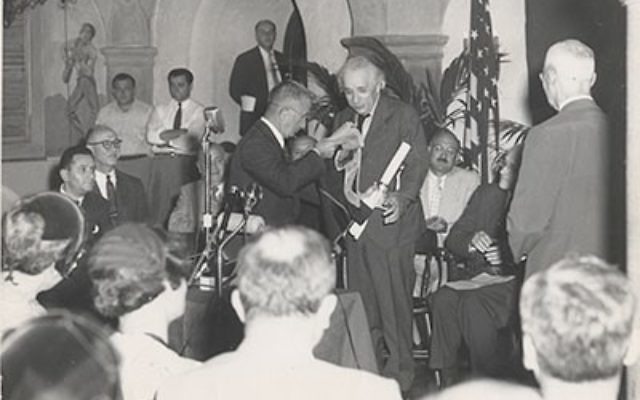Higher Education Forms Bedrock of Israel’s Success
As Israel’s population grows rapidly, its higher education system has followed suit.

Israeli journalist Abigail Klein Leichman recently reported that “the Technion’s net research budget of roughly $90 million pales in comparison to MIT’s $1.5 billion, yet its income from commercialization of research is similar.”
Israel has become an international powerhouse for exporting its cutting-edge technology, even from its modestly funded university research labs. Having a radical impact on the Israeli economy, this tech phenomenon can be directly linked to Israel’s ever-growing, historically robust institutions of higher education.
The impacts of Israel’s universities, however, go far beyond monetizing research and helping advance tech sectors. They have shaped Israeli society as a whole.
Each charging a current annual tuition of roughly $2,500, five of Israel’s eight universities rank in the world’s top 500, and they play a significant role in making Israel the second most educated country in the world per capita.
An important staple of Zionism since its inception, higher education serves as a bedrock of Israel’s culture, society and economy.
Built in 1912 with strong support from physicist Albert Einstein, the Technion, Israel’s public technical university, has grooming generations of talented architects, researchers and engineers. The Technion set the stage for one of the most innovative and prolific tech communities in the world.
Similarly, the Hebrew University of Jerusalem, founded in 1918, quickly became a bastion of scholarly output and Hebrew intellectualism in the Jewish community in pre-state Palestine.
The only nonscience/non-tech-focused Jewish university in the land of Israel until 1955, the Hebrew University laid a foundation for top-notch scholarship that has become standard among the eight universities and 58 regional colleges in Israel today.
Additionally, Israeli researchers and scholars of all disciplines are disproportionately represented in the world’s most renowned academic institutions. Eight Israeli academics and researchers have received the Nobel Prize (with 12 Israeli Nobel laureates in total), making Israel 15th in world rankings for countries with the most Nobel laureates.
As Israel’s population grows rapidly, its higher education system has followed suit. In 1990, with a population of 4.7 million, Israel had a total of 20 institutions of higher learning. Today, with a population of more than 8.5 million, there are 66 colleges and universities, 29 of which are government-funded.
With a rich history of intellectualism, study and scholarship, Jewish tradition and values are well represented in Israel’s system of tertiary education.
Higher education ensures learning for future Israeli generations. That education system and Israel’s high-tech sectors have combined to provide Israel with the tools that make the Israel Defense Forces one of the most innovative and advanced armies in the world.
Eli Sperling is the Israel specialist and assistant program coordinator for the Center for Israel Education (www.israeled.org).



comments